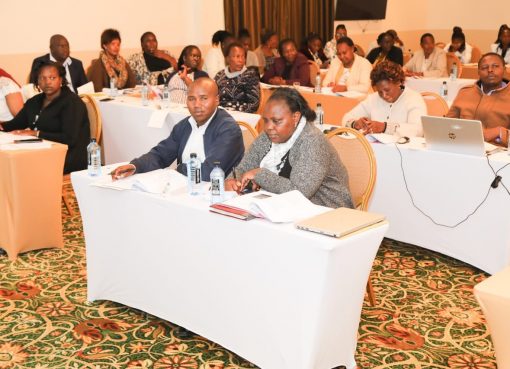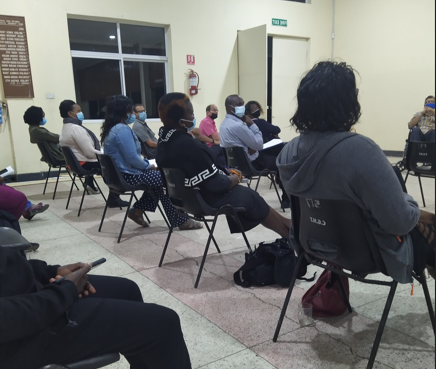Kenya Book Sellers and Stationers Association (KBSSA) has petitioned the government to reconsider its decision to procure textbooks directly from publishers, saying the move has rendered thousands of Kenyans jobless.
The association national chairman Albert Kimani stated that over 1,500 of its members are struggling to stay afloat after they were locked out of the lucrative business.
“For the past one year when the government resolved to buy text books directly from publishers, bookshops and other retail outlets countrywide have scaled down operations. This translates to job losses through redundancies,” said the chairman.
In November 2017 then Education Cabinet Secretary Dr. Fred Matiang’i announced that the government would do away with its book-buying system, started in 2003 during the Kibaki administration, in which public schools received money from the government to buy textbooks from publishers. Back then, schools were not allowed to buy directly from publishers.
The radical decision was informed by a study carried out by the Kenya Publishers Association indicating that more than Sh10 billion was lost to teachers and unscrupulous booksellers every year.
Speaking in Nakuru after a meeting of KBSSA top officials, Kimani faulted the report compiled by the Kenya Publishers Association, adding that the government should have conducted exhaustive consultations with book sellers before arriving at the decision.
In the report, Kenya Publishers Association chairman Lawrence Njagi, stated that some booksellers were claiming payments for books that were never delivered.
“The government, for instance, released Sh14 billion to schools in 2016, but publishers could account for only Sh4 billion. The rest was stolen by booksellers and school managers,” Njagi said last week.
Kimani suggested that publishers should concentrate on producing and marketing books while booksellers stock and service orders made by schools.
“Previously 95 percent of business was conducted with public schools. Our livelihoods are threatened with over 200,000 job losses. We are a crucial link in filling in gaps where the government may not be in a position to buy certain books,” said Kimani.
Nyeri KBSSA chapter Chairman Laurence Muthiga said most book sellers were not involved in the scam, adding that most bookshops had not been paid billions of shillings for books that were delivered to public schools before the policy shift.
“It is getting tougher. Free schooling cash had greatly bolstered this industry. Now, we are only selling to parents and private schools. We have a lot of books still in stock which has adversely affected our operations.
“Smaller publishers, who did not have even a single book bought under the government’s central procurement programme have been hardest hit,” said Muthiga
Under the current arrangement no money is sent to public schools for buying books. Instead, the Ministry of Education, through the Kenya Institute of Curriculum Development buys books directly from publishers.
Under the new system, launched by President Uhuru Kenyatta early 2018, the publishers were first invited to submit books for the ministry to evaluate and buy the ones deemed suitable for schools and supply them to all public schools across the country.
The selection of books for Standard Seven and Eight as well as for secondary schools in 2018, which formed the first batch, was based more on the prices quoted by the publishers. This saw publishers who had quoted high prices locked out.
Those whose titles were selected received payment from the Kenya Institute of Curriculum Development (KICD) alongside lists of schools and quantities to be supplied.
By Anne Mwale
Monday, December 23, 2024




